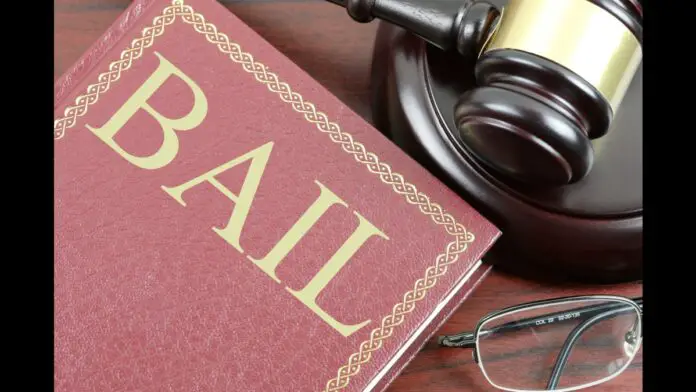
The government-announced lockdown due to Covid-19 is not the same as declaring a state of Emergency. The Supreme Court has stated that the default bail is an inviolable right if the indictment is not submitted within the prescribed period.
The Supreme Court made this observation by quashing an order of the Madras High Court denying the release of a defendant on bail despite failing to file charges within the prescribed period. A bench headed by Judge Ashok Bhushan said the Supreme Court’s view that restrictions imposed during execution should not entitle a defendant to bail, even if the charges were not filed within the time limits set out in Section 167(2) of Criminal Procedure Code, is “manifestly incorrect and not in accordance with the law”.
The top court termed its ruling in the ADM Jabalpur case during the state of emergency “retrograde” and stated that the right to life and liberty cannot be revoked without due legal process.
In the 1976 ADM Jabalpur case, the bench of five judges concluded by a 4:1 majority ruling that Section 21 is the sole custodian of all rights to life and personal liberty and, when suspended, removes those rights entirely.
A bench, headed by Judge Ashok Bhushan, said the retrograde measures taken by the law in respect of the right protected by Article 21 in the ADM Jabalpur judgment have been corrected by parliament through a constitutional amendment. He stated that any limitation of a defendant’s rights as protected by Section 167(2) in relation to his unimpeachable right to obtain standard bail for failure to file charges within the time limit, which cannot be thwarted by the prosecution
“We are therefore of this opinion that the single judge (of HC) wrongly considered in the judgment under appeal that the lockdown announced by the Indian government is related to the proclamation of a state of emergency.
The position of the court is that the restrictions imposed during the period of lockdown by the Government of India should not entitle a defendant to request a default bail even if the charge sheet is not filed within the time limit prescribed in Section 167 (2) of the Code of Criminal Procedure is manifestly incorrect and not in accordance with the law, said by the Supreme Court.
The bench comprising Judges MR Shah and V Ramasubramanian granted bail to the accused on presentation of a personal bond of Rs 10,000 with two securities and specified that its March order extending the lockdown did not apply to the provisions of the CrPC.
The order of 23 March 2020 (concerning limitation) cannot be interpreted as meaning that it never intended to extend the time limit for the filing of the charge sheets by the police as provided for in Section 167(2) of the Code of Criminal procedure, the bench said.








